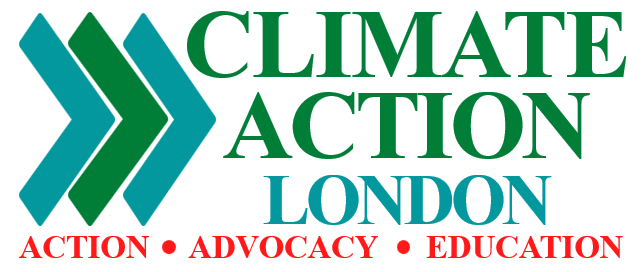Waste and Recycling
-

Green Bin Program
A Green Bin is like a blue recycling bin, but for food waste such as fruit and vegetable skins and spoiled leftovers. Composting is always the best option for food waste, but what if you do not have access to a backyard?
The Green Bin is collected at curbside and would be composted or digested.
The City of London is continuing to engage residents in the design of our Green Bin program to determine the variety of projects that could be accepted (food waste only or also diapers?) and the costs involved (food waste is cheapest, diapers allows all smelly waste to be removed from the landfill collection and allows for less frequent ‘garbage’ pick up).
-

Blue box Program
Use at least two blue boxes for curbside recycling, and keep paper and containers (plastic, metal, glass, laminated cups and cartons) separated and clean.
Contamination is the technical name for non-recyclable material or garbage in the recycling system, from leftover food in containers to non-recyclable plastic packaging to more obvious garbage such as clothing and propane tanks.
Almost one in three pounds of what goes in a blue box shouldn't be there. Even a few spoonfuls of peanut butter left in a jar or that glob of yogurt left in the bottom of the container can contaminate a load.
"I think the average person would be shocked that our diversion rates with the blue box program have been stalled for 15 years and that 30 percent of what's collected ends up in the landfill anyways," MPP Jeff Yurek told CBC London. Read more about the latest report:
https://www.cbc.ca/news/canada/london/blue-box-program-producer-responsibility-1.5220999
Existing end markets in Ontario for plastics from London’s Blue Box/Blue Cart program include:
EFS Plastics (Listowel, Ontario), Blue Mountains Plastics Recycling (Shelburne, Ontario), ReVital Polymers (Sarnia, Ontario)
-

Hefty Bag Pilot Project
The City of London has been piloting an expanded blue box program, called the Hefty Bag. Phase 1 included approximately 13,000 households across nine communities in the City of London.
For this Pilot Project, the city is working with a variety of different end-market businesses who are also testing new ideas and applications for these materials like plastic wood and building materials. Phase 2 runs August 2021 to March 2022.
When mechanical recycling end-markets are not available, chemical or molecular recycling/conversion technologies that turn plastic into energy sources or feedstock for fuels and products will be used. This a revolutionary new recycling technology that de-polymerizes the plastic returning it to its original molecules so that it can be recycled to infinity.
Hard-to-recycle plastics can be used as an alternative fuel source in the manufacturing of cement. The embedded energy value of plastics offset the use of virgin fossil fuel sources such as coal and coke.
-

Zero Waste Challenge
Getting to zero waste, especially for families and buisness owners may seem like an impossible task. However, it is in fact possible with the right attitude and consistent, daily actions.
Reducing individual waste is an integral part of climate action. Join the 30 day waste reduction challenge!
-

EcoChallenge.org
Find community in our transformative Ecochallenges and Discussion Courses. Take action to create a better shared world.
Join challenges from plastic reduction to school challenges and a Drawdown challenge.
